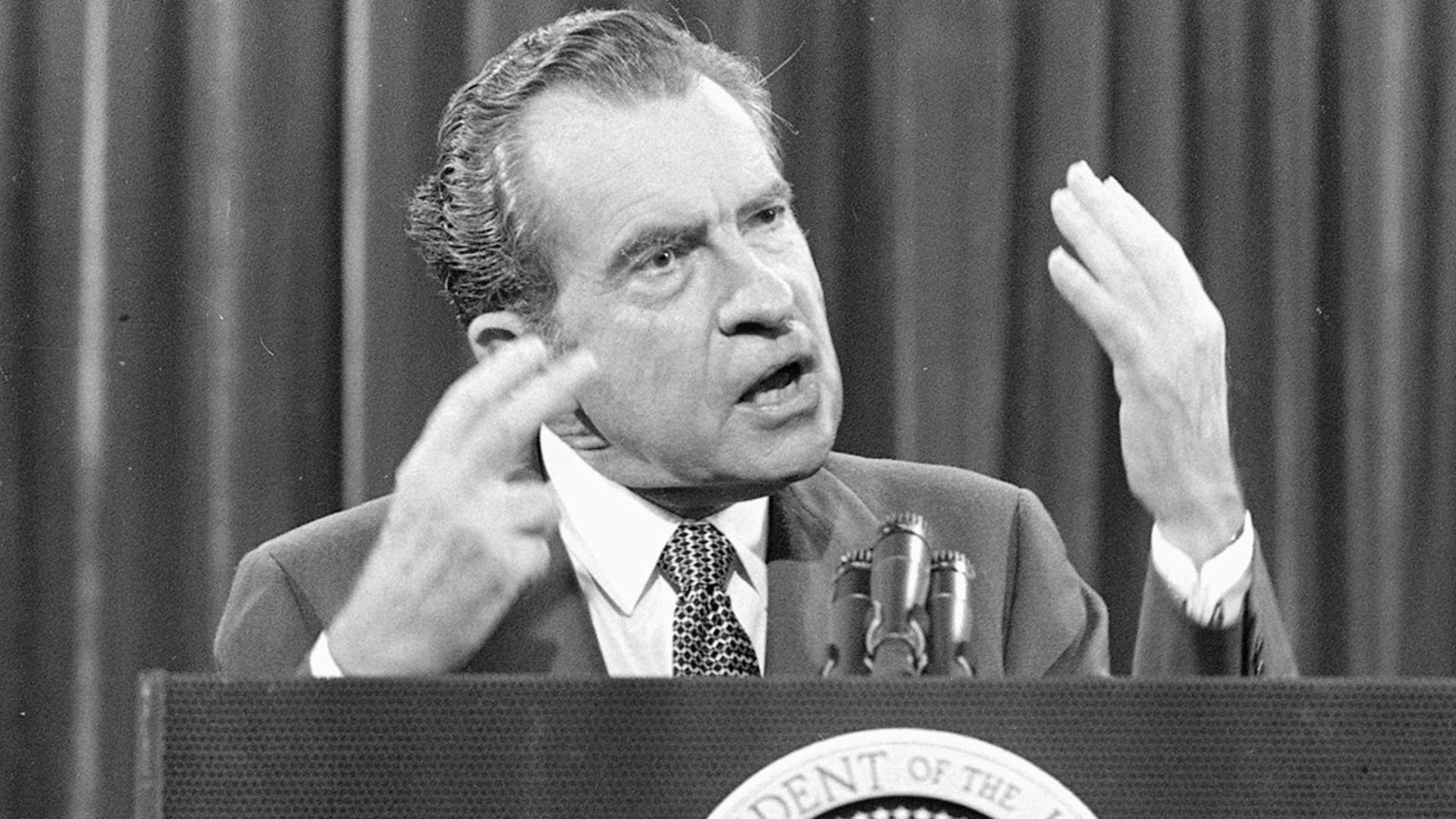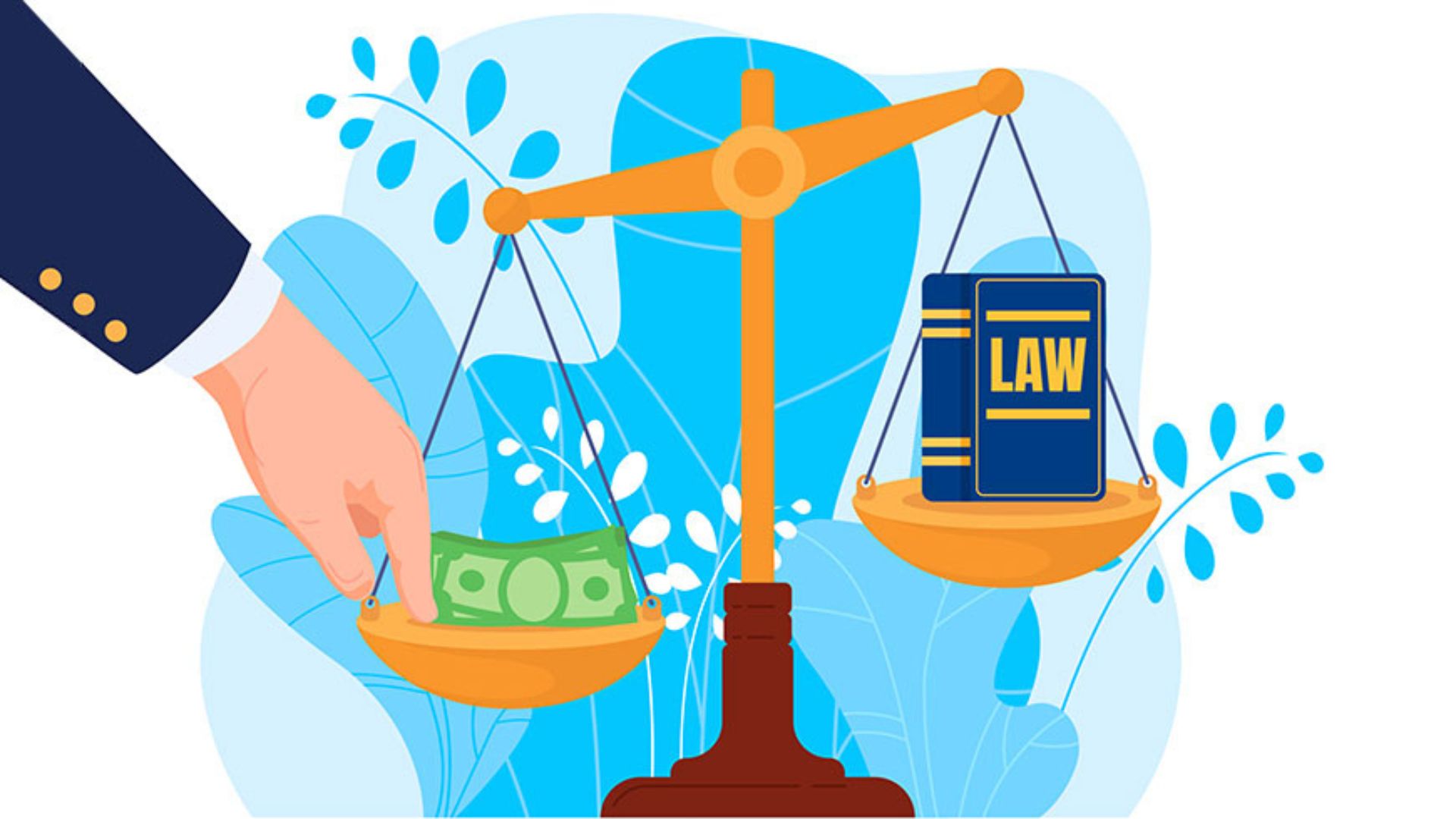Political scandals have the power to dramatically influence public trust in government and its institutions. These scandals often reveal corruption, abuse of power, or unethical behavior, leading to significant political and social consequences. This article examines some of the most famous political scandals in history and their impact on public trust.

Watergate Scandal (1972-1974)
- Incident: The Watergate scandal began with the break-in at the Democratic National Committee headquarters at the Watergate complex in Washington, D.C. It was later revealed that members of President Richard Nixon’s administration were involved in the cover-up.
- Revelation: Investigations uncovered extensive attempts to obstruct justice and abuse of presidential power.
Impact on Trust:
- Erosion of Confidence: The scandal led to a profound loss of trust in the presidency and government institutions.
- Resignation: President Nixon resigned in 1974, becoming the first U.S. president to do so. This act highlighted the severity of the scandal and its impact on governance.
- Reforms: The scandal prompted reforms, including the establishment of new ethics rules and greater oversight of the executive branch.
Iran-Contra Affair (1980s)
- Incident: The Iran-Contra Affair involved secret U.S. government operations where arms were sold to Iran (which was then under an arms embargo) and the proceeds were used to fund Contra rebels in Nicaragua.
- Revelation: The operations were conducted without congressional approval, leading to allegations of constitutional violations and misconduct.
Impact on Trust:
- Damage to Credibility: The scandal undermined trust in the Reagan administration and the effectiveness of checks and balances.
- Legal Consequences: Several officials were convicted or faced legal repercussions, but the long-term impact included increased skepticism about executive overreach.
Monica Lewinsky Scandal (1998-1999)
- Incident: The Monica Lewinsky scandal involved President Bill Clinton’s extramarital affair with White House intern Monica Lewinsky. The scandal came to light during a sexual harassment lawsuit filed by Paula Jones, a former Arkansas state employee.
- Revelation: Clinton initially denied the affair under oath but later admitted to it. The scandal led to his impeachment by the House of Representatives on charges of perjury and obstruction of justice.
Impact on Trust:
- Polarized Public Opinion: While Clinton was acquitted by the Senate and completed his term, the scandal polarized public opinion and led to debates over personal conduct and political accountability.
- Media Influence: The extensive media coverage intensified the scrutiny of public figures and their personal lives, influencing the public’s perception of political integrity.
Enron Scandal (2001)
- Incident: The Enron scandal involved the energy company Enron Corporation, which used accounting loopholes and special purpose entities to hide debt and inflate profits. The company’s collapse led to significant financial losses for investors and employees.
- Revelation: The scandal exposed widespread corporate fraud and led to a loss of confidence in corporate governance and financial reporting.
Impact on Trust:
- Corporate Accountability: The scandal led to the Sarbanes-Oxley Act of 2002, which aimed to improve corporate accountability and financial transparency.
- Public Skepticism: There was a broader impact on trust in corporate institutions and the financial sector, prompting calls for greater regulation and oversight.
Volkswagen Emissions Scandal (2015)
- Incident: The Volkswagen emissions scandal, also known as “Dieselgate,” involved the discovery that Volkswagen had installed software in its vehicles to cheat on emissions tests. The software enabled cars to pass tests while emitting pollutants far above legal limits in real-world conditions.
- Revelation: The scandal affected millions of vehicles and led to widespread criticism of Volkswagen’s practices and ethics.
Impact on Trust:
- Reputational Damage: The scandal significantly damaged Volkswagen’s reputation and led to substantial financial penalties and legal settlements.
- Consumer Confidence: It undermined consumer confidence in the automotive industry and raised concerns about corporate ethics and regulatory compliance.
Cambridge Analytica Scandal (2018)
- Incident: The Cambridge Analytica scandal involved the misuse of data from millions of Facebook users without their consent. The data was used to target political advertising and influence voter behavior in various elections.
- Revelation: The scandal highlighted issues of data privacy and the manipulation of social media platforms for political purposes.
Impact on Trust:
- Privacy Concerns: The scandal intensified concerns about data privacy and the role of social media in democracy.
- Regulatory Changes: It led to calls for stricter data protection regulations and greater transparency in digital advertising and political campaigning.
Conclusion
Political scandals have a profound impact on public trust, often revealing deep-seated issues of corruption, misconduct, and ethical breaches. Each scandal has contributed to changes in legislation, reforms, and shifts in public perception. Understanding these scandals helps in recognizing the importance of transparency, accountability, and the role of public scrutiny in maintaining trust in political and corporate institutions.

